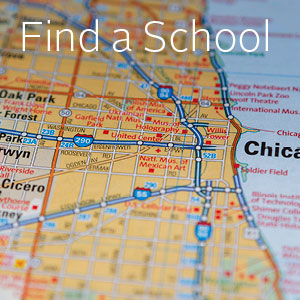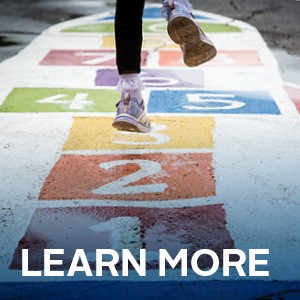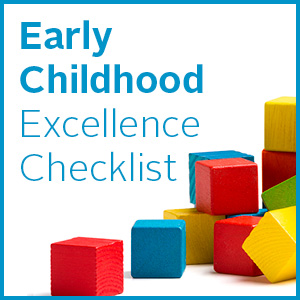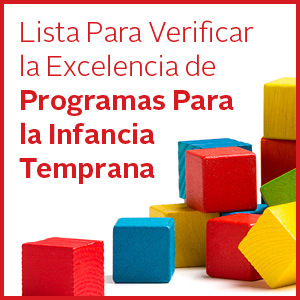Educación infantil temprana
Young Children Need Preschool
Starting the process of finding the right early childhood program for your child can be confusing and overwhelming. It’s about finding a school filled with quality faculty who bring a commitment to academic excellence. It’s about an atmosphere that ignites a love of learning. It’s about a culture that is welcoming and supportive. It’s about a community that works together and celebrates special traditions. Our Catholic school early childhood programs offer all of this and more.
Ninety Percent of Brain Growth Happens Before Kindergarten
Incredibly, an infant’s brain doubles in size in the first year, and it keeps growing to about 80 percent of adult size by age 3, and 90 percent – nearly fully grown – by age 5.
Ages 3 and 4 are prime ages for valuable learning. Investing in high-quality early childhood education can yield valuable returns, such as reducing the likelihood of the need for special education services, reduced grade repetition, and higher rates of high school graduation, to name a few.
The Benefits of Early Childhood Education
Research clearly shows that children who attend preschool are more likely to succeed in kindergarten and that participating in early childhood education provides academic and social benefits that last well beyond the early years.
In preschool, children learn how to learn. Through play and interactions with their peers, preschool students acquire the foundational skills necessary for success in life. In addition to early literacy and math skills, preschool students learn socialization, cooperation, respect, resilience, patience, confidence, service to others, acceptance of differences, and self-regulation - all skills necessary for success in later years.
Young children have an intrinsic love of learning that is fostered and developed in an early childhood classroom. Students interact with developmentally appropriate, hands-on materials not found at home. They make new friends and develop relationships with adults. An early childhood classroom also provides a balanced schedule that includes group activities, unstructured play, quiet time, meals/snacks, rest, and active play outdoors.
Most importantly, when a child attends a Catholic school early childhood program, they are taught and cared for by a qualified teacher and assistant.
Catholic Preschools Meet High Standards and Offer Flexibility
When your child enters an early childhood program in our Catholic schools, they become part of an established setting for learning. Our early childhood classrooms are an integral part of the elementary school community and are considered an important part of the learning continuum. Our schools provide safe and secure early childhood education in a loving, faith-based environment. In addition, our programs ensure Illinois State Board of Education (ISBE) Early Learning & Development Standards are met by highly qualified teachers.
All Archdiocese of Chicago K-8 elementary schools offer preschool programs. Many have a variety of schedules – full day, half day, five days a week, two or three days a week, morning groups and/or afternoon groups – and also offer before/after school care to meet the needs of our families. We look forward to connecting with you during your preschool selection journey.
Click here to find an Archdiocese of Chicago Catholic school preschool or early childhood program near you.
Click here for a printable checklist that can help guide you in finding the right preschool for your family. A Spanish checklist is also available here.
Click here to learn more about the ISBE Early Learning & Development Standards.



